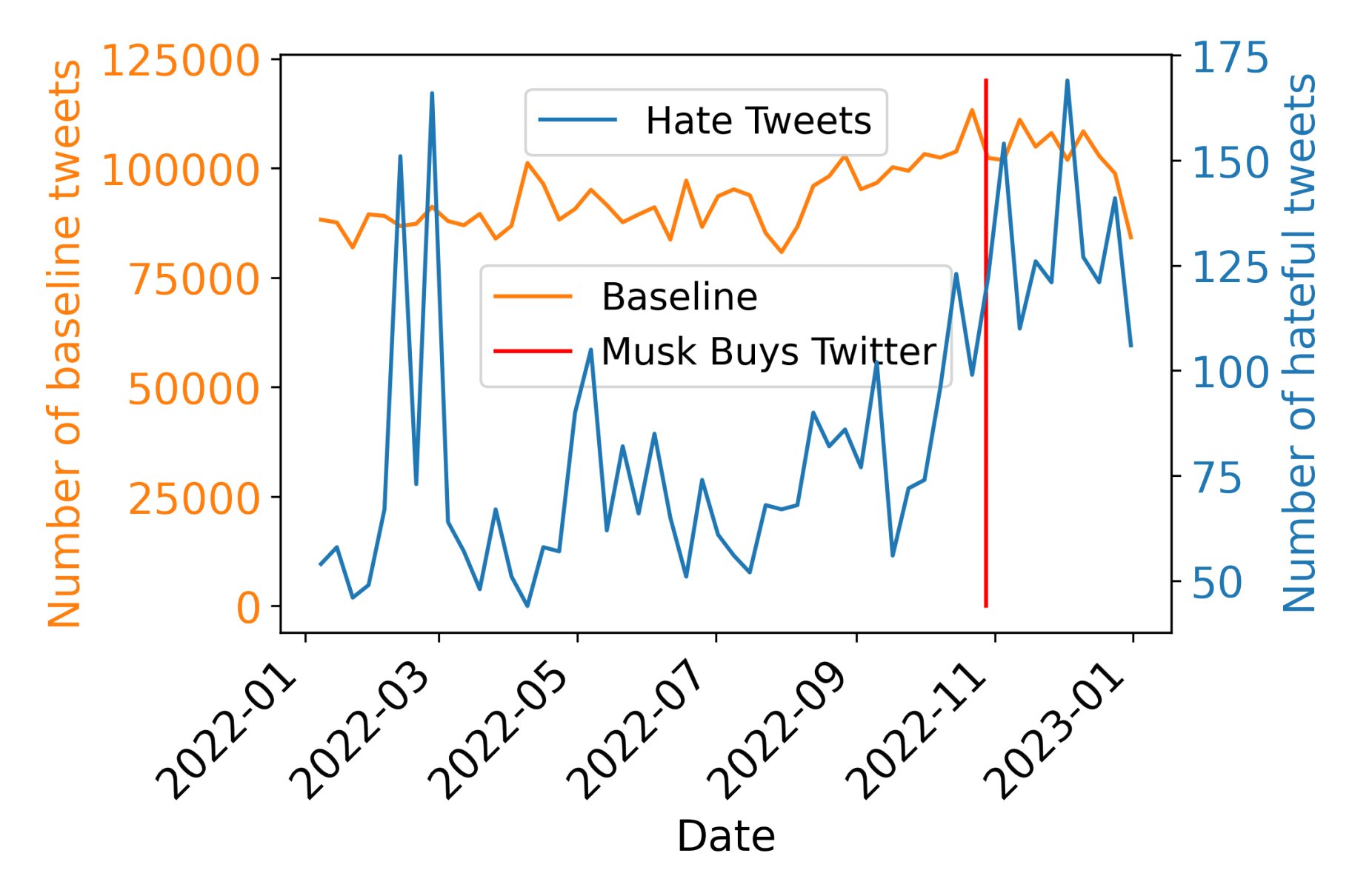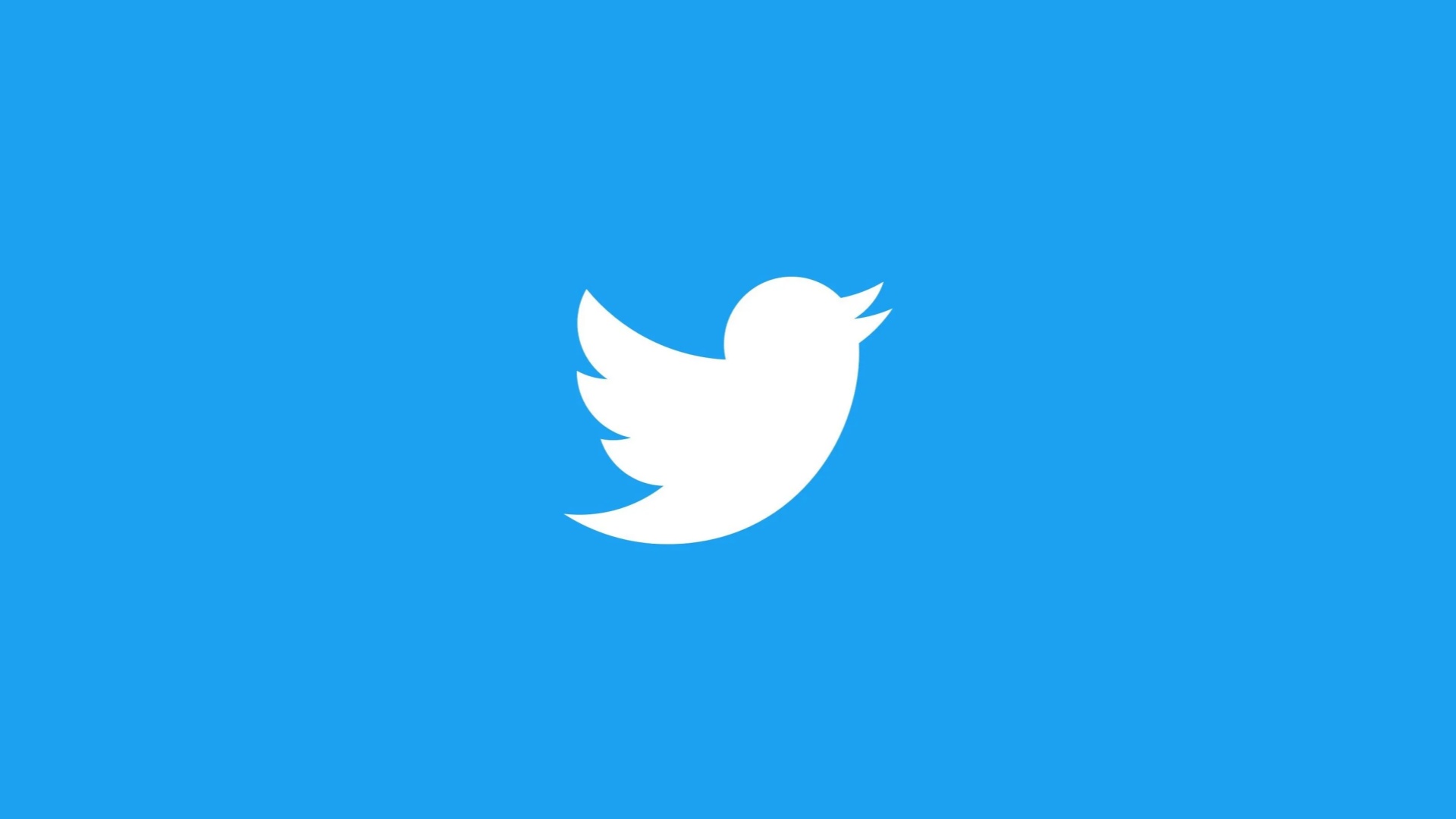- Analysis of Twitter users by computer scientist Keith Burghardt at the Information Sciences Institute found an increase in hate speech since Elon Musk took over.
- The analysis also found that there had been no change in the prevalence of bots although the types of bots have fluctuated since the takeover.
- Musk has only had control of Twitter for seven months though and has ripped teams apart to make Twitter leaner which is bound to have repercussions.
During a recent interview with BBC, Elon Musk was quite chuffed at pointing out that he, a billionaire heterosexual white man, doesn’t see any hate speech on Twitter and couldn’t get a journalist to name a single example of hate speech he’d experienced either.
Both Musk and BBC’s James Clayton fail to mention that they are perhaps the least likely to see hate speech given the demographics and social spheres they occupy.
For many in marginalised communities, however, the word is that hate speech feels like it’s increased since Musk took over but has it really? A new peer-reviewed analysis of Twitter suggests that since Musk took over the reins, hate speech on Twitter has increased.
The analysis is published in the paper “Auditing Elon Musk’s Impact on Hate Speech and Bots,” penned by computer scientist Keith Burghardt at the Information Sciences Institute.
The analysis was done to test two of Musk’s stated goals, namely
- reducing hate speech and,
- removing spam bots on Twitter.
For the former, Burghardt and his team analysed tweets to determine whether they contained hate speech. Of course, this isn’t as simple as keying a slur into the search box as this could yield results where people aren’t necessarily being hateful.
“We first had to create a set of words that we could determine as being hateful. Our aim was to find words that were relatively high precision, meaning that if people are using these words, it’s unlikely they’re being used in a non-hateful manner,” Burghardt told Phys.org.
Using this methodology on Twitter yielded 49 keywords associated with hate speech.
In addition, the teams used Perspective API. This API uses machine learning to identify “toxic” comments. Toxic as defined by the API’s creators is a “rude, disrespectful or unreasonable comment that is likely to make someone leave a conversation”.
The aforementioned list of words was then used to gauge tweets from a sample of users who posted content one month before Musk took control of Twitter and one month after.

The findings represented above show a marked increase in hate speech. In fact, after accounting for fluctuations in user activity by sampling a baseline set of tweets during the same time period, the team found that usage of hate keywords doubled after Musk purchased Twitter.
So, hate speech continues to thrive, at least according to this analysis.
That’s a pity but maybe Musk’s war against bots and fencing features off with a paywall has helped?
Using the Botometer API to determine whether an account is a bot and what sort of bot, Burghardt’s team analysed a sample of random accounts both pre- and post-Musk acquisition.
“We found some types of bots became more prevalent, some types became a little less prevalent. But overall there was no significant change in the amount of bots,” Burghardt reports.
No win on the bot front either then.
To be fair, Musk’s tenure is less than seven months old and he did rip everything from the walls when he arrived so there is bound to be more than a few teething problems.
Whether users, and perhaps, more importantly, advertisers, will continue to stick around and wait for the storm of hate speech, conspiracy theories and general chaos to wane – if it does – remains to be seen.

